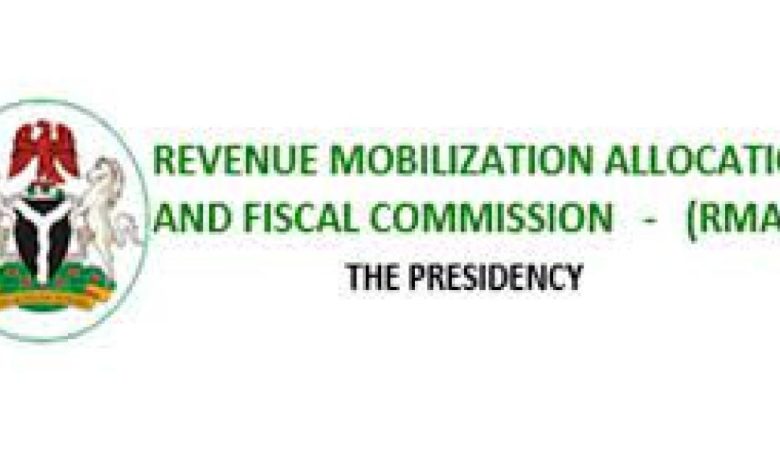
The Federal Government, through the Revenue Mobilisation, Allocation and Fiscal Commission (RMAFC), has disclosed why it gave approval of a 114 percent increase in salaries for officials including President Bola Tinubu, Vice President Kashim Shettima, governors, lawmakers, as well as judicial and public office holders.
POLITICS NIGERIA reports that the government said the decision came after a comprehensive review of the Nigerian economy.
The RMAFC, justifying its directive, stated, “After considering the impact of the review on the economy, the remuneration of political, public, and judicial office holders in the country has been adjusted upward by 114%.”
As mandated by Sections 84 and 124 of the Constitution, the RMAFC bears the responsibility of determining appropriate remuneration for political officeholders such as the President, Vice President, Governors, Deputy Governors, Ministers, Commissioners, Special Advisers, Legislators, and other relevant positions.
Furthermore, the commission has urged the Houses of Assembly in all 36 states to expedite the amendment of relevant laws, thus facilitating an upward revision of remuneration packages for political, judicial, and public officers.
During the presentation of the reviewed remuneration package reports to Kebbi State Governor, Dr Nasir Idris, RMAFC Chairman Muhammadu Shehu, represented by Federal Commissioner Rakiya Tanko-Ayuba, emphasised the effective implementation of the revised remuneration packages starting from January 1, 2023. Shehu stressed that this move adheres to the provisions outlined in paragraph 32(d) of Part 1 of the Third Schedule of the 1999 Constitution of the Federal Government, as amended.
The chairman further elaborated, “Following the last remuneration review conducted in 2007, which led to the enactment of the Certain Political, Public and Judicial Office Holders (Salaries and Allowances, etc.) (Amendment) Act, 2008, it has become imperative, after sixteen years, to review the remuneration packages for the relevant office holders specified in the 1999 Constitution (as amended).”
Shehu explained, “The subjective criteria considered various expressions by stakeholders through received memoranda, opinions shared during the zonal public hearings, and responses to administered questionnaires. The objective criteria were derived from the analysis of macroeconomic variables, particularly the Consumer Price Index (CPI).”
According to the chairman, with careful consideration of the review’s impact on the economy, the remuneration of political, public, and judicial office holders in the country has been adjusted upwards by an impressive 114%.
Regarding judicial office holders, Shehu outlined the introduction of three new allowances. These include the provision of two law clerks for all judicial officers in the country through the Professional Development Assistant allowance. The Long Service Allowance aims to establish seniority and hierarchy among officers who have served on the bench for a minimum of five years and those newly appointed. Lastly, the Restricted or Forced Lifestyle allowance caters to the unique lifestyle demands faced by judicial officers during active service.
